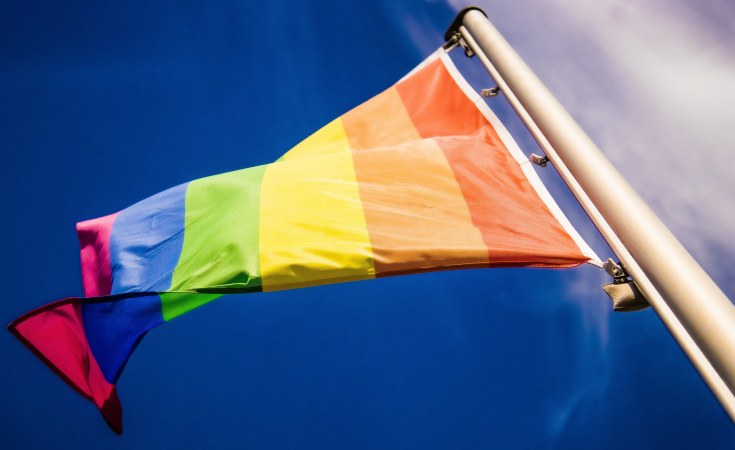The theme of this year's International Day against Homophobia, Biphobia and Transphobia [1] , 'Leave No One Behind: Equality, Freedom and Justice for All', underscores the urgent need to address the persistent discrimination, violence, and marginalization faced by lesbian, gay, bisexual, transgender, intersex, and queer (LGBTIQ+) persons worldwide.
Almost a decade after the 2030 Agenda for Sustainable Development made 'Leave No One Behind' a defining principle of our collective actions for positive change, we see welcome progress. As of late 2023, more than 100 countries had taken proactive measures to safeguard the rights of LGBTIQ+ persons. Legal reforms in 35 UN Member States have ushered in full marriage equality for same-sex couples. In 43 UN Member States, discrimination is prohibited on the grounds of sexual orientation, gender identity or sex characteristics .
However, ongoing persecution against LGBTIQ+ people continues at alarming levels in many countries. Anti-homosexuality trends continue to be seen in many countries, as well as explicit criminalization of same-sex relations. There has also been a wave of legislative efforts to restrict the rights of transgender people, and the ascent of 'anti-propaganda' laws. Only 37 Member States formally grant asylum to persons who have experienced discrimination based on sexual orientation, gender identity, gender expression or sex characteristics . Moreover, in crises, marginalized groups including LGBTIQ+ groups tend to experience the worst impacts of those crises and yet are routinely denied much-needed tailored assistance.
2024 is the biggest electoral year in history – posing a unique opportunity to demand accountability from decision makers and power holders, to dismantle oppressive systems, to promote legislative reforms and inclusive policies that protect rights, to promote and protect the inclusion, participation, and leadership of LGBTIQ+ persons in the democratic process as the only path to achieve equality, freedom, and justice for all.
As we commemorate this day, UN Women urges all stakeholders to foster intersectional alliances and act in solidarity with other critical movements to help drive our common goal of realizing equality, justice, and freedom for all.
[1] With respect to the title of the day, UN Women underscores the implicit centrality of persons with diverse sex characteristics.


